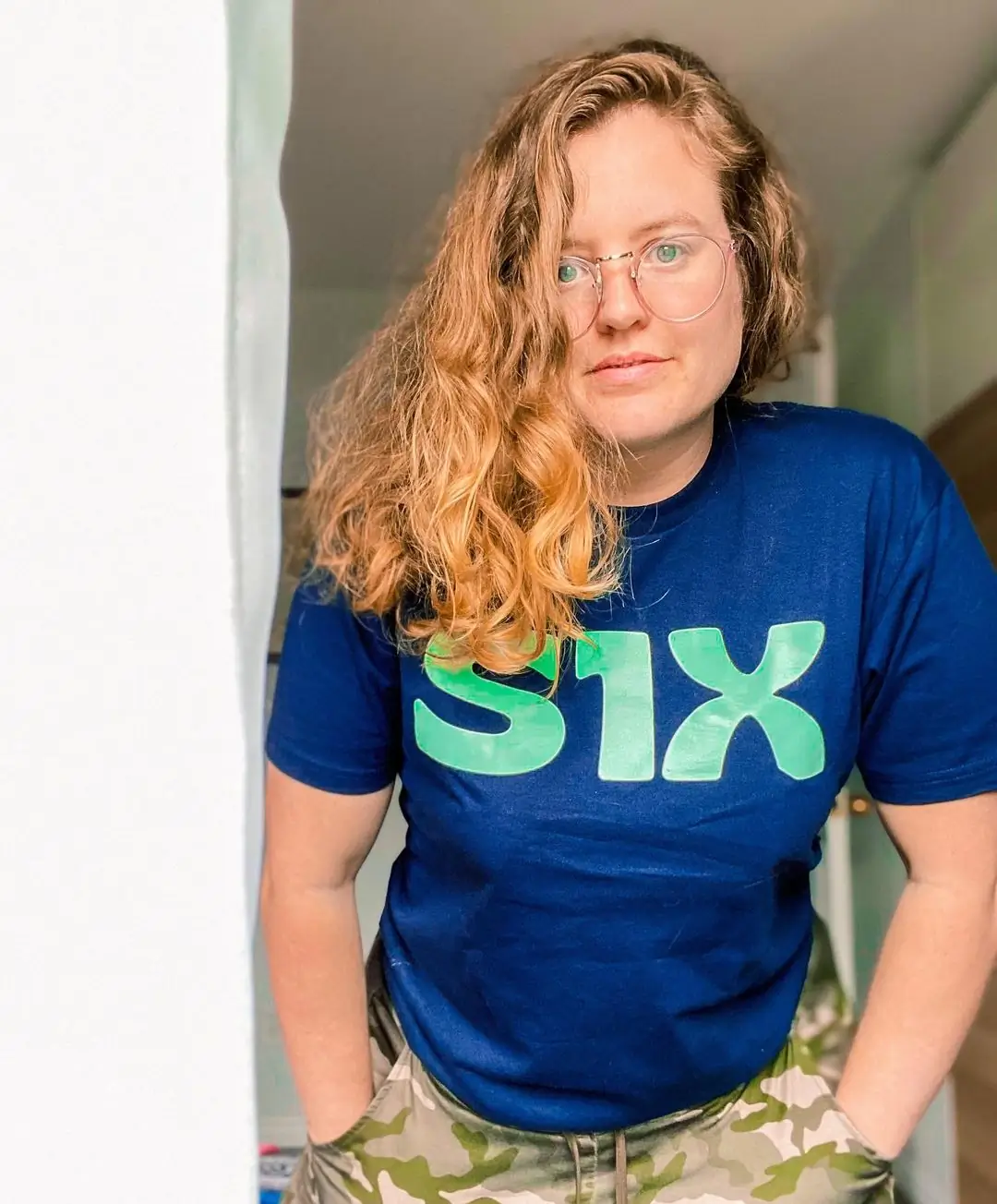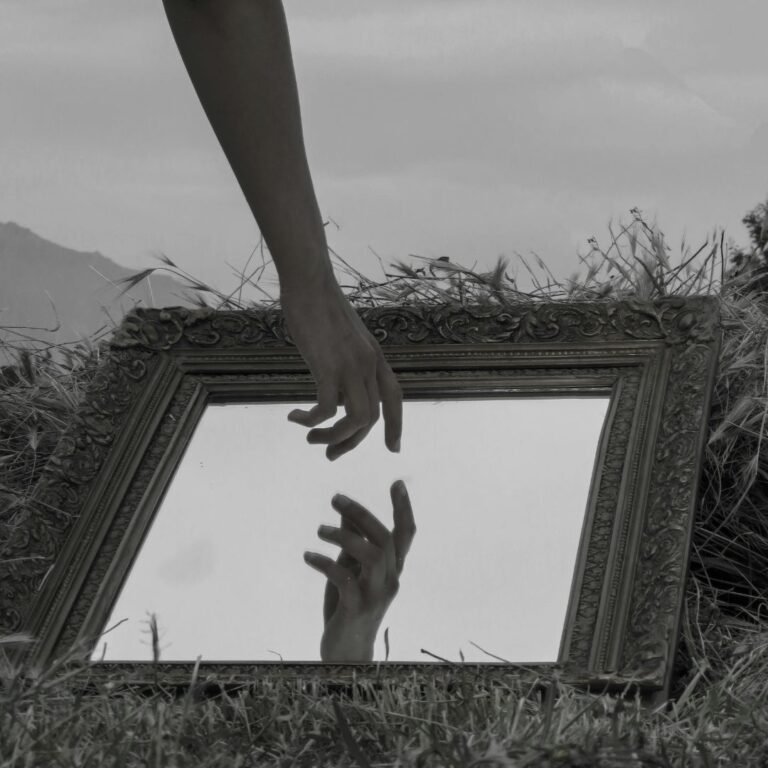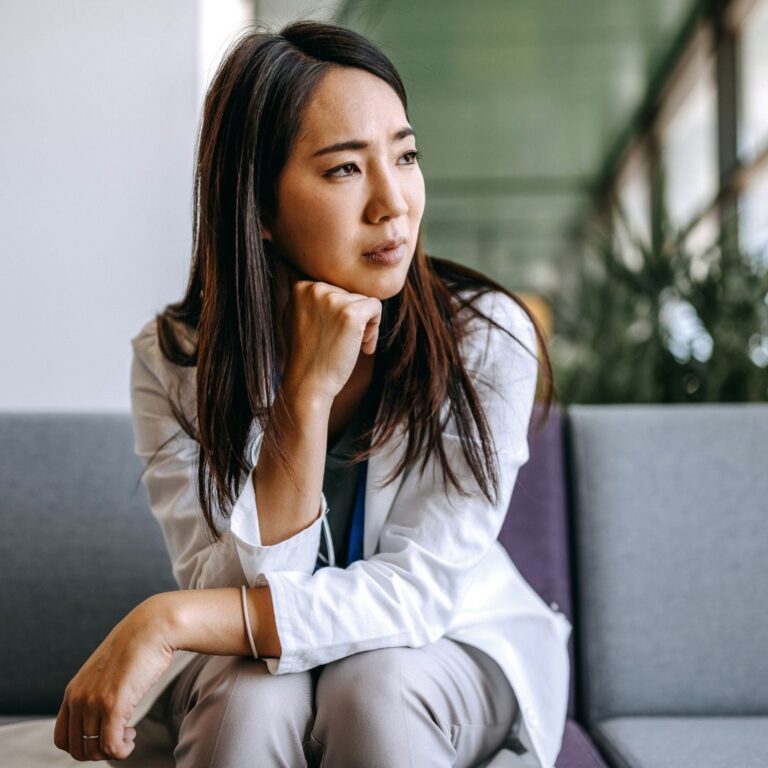My recurrent miscarriages made me even more pro-choice
Health18.10.2023
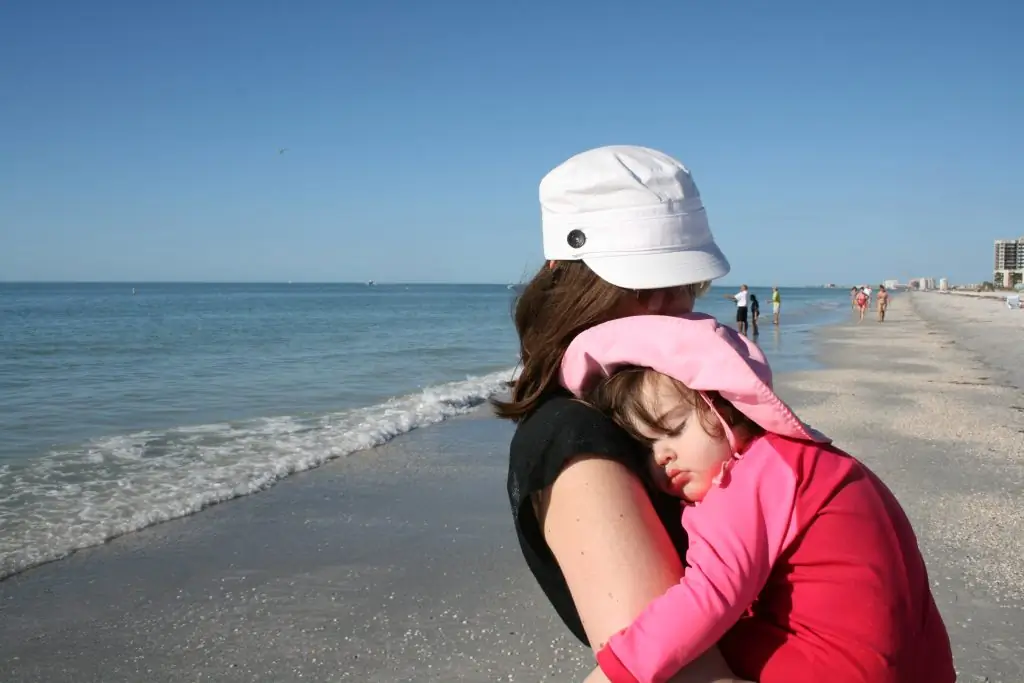
My first of eight pregnancy losses happened in our car
I had been enjoying a weekend trip to Montréal with my husband, pregnant for the first time and blissfully ignorant to the fragility of it all. It was a devastating, dream-shattering drive home.
The next? A chemical pregnancy — a very early miscarriage that typically happens before five weeks of gestation.
The third was an ectopic pregnancy, requiring two painful rounds of methotrexate, a form of chemotherapy used to “terminate” pregnancies. Try wrapping your head around that when you desperately want a child.
A successful pregnancy
But then it happened. A successful pregnancy. An actual baby. A dream came true.
Those first losses? Just blips. Bad luck. It would be easier next time. Except it wasn’t.
The fertility centre was monitoring my pregnancies now, and I received phone calls every two days informing me of my increasingly poor pregnancy hormone levels.
It was physically and emotionally painful. Regular needles and blood draws, and anxiety over hormones. Fighting back tears at work after each devastating call. Cramps that felt like the early stages of labour. Bulky pads. Blood. Sobs on the bathroom floor.
Once, I checked my voice mail just as we were settling into our seats on a plane, heading off on vacation. Expect a miscarriage soon, it said.
My heart sank. We sat in silence as the plane took off, holding back tears. I eventually walked up to my parents’ seats. Surprise! I’m pregnant. And having a miscarriage.
Our vacation began with a stop at a pharmacy for pads and Tylenol. We plastered on fake smiles for our daughter, and waited for the miscarriage. I was exhausted. I felt pregnant. It was hard to process emotionally.
Once home, my doctor was surprised I hadn’t miscarried yet. He ordered an ultrasound, which showed a tiny beating heart. I was ecstatic! This was my seventh pregnancy, but only my second time seeing a heartbeat. Our daughter had been a tiny bean like this once, too. Our hopes soared.
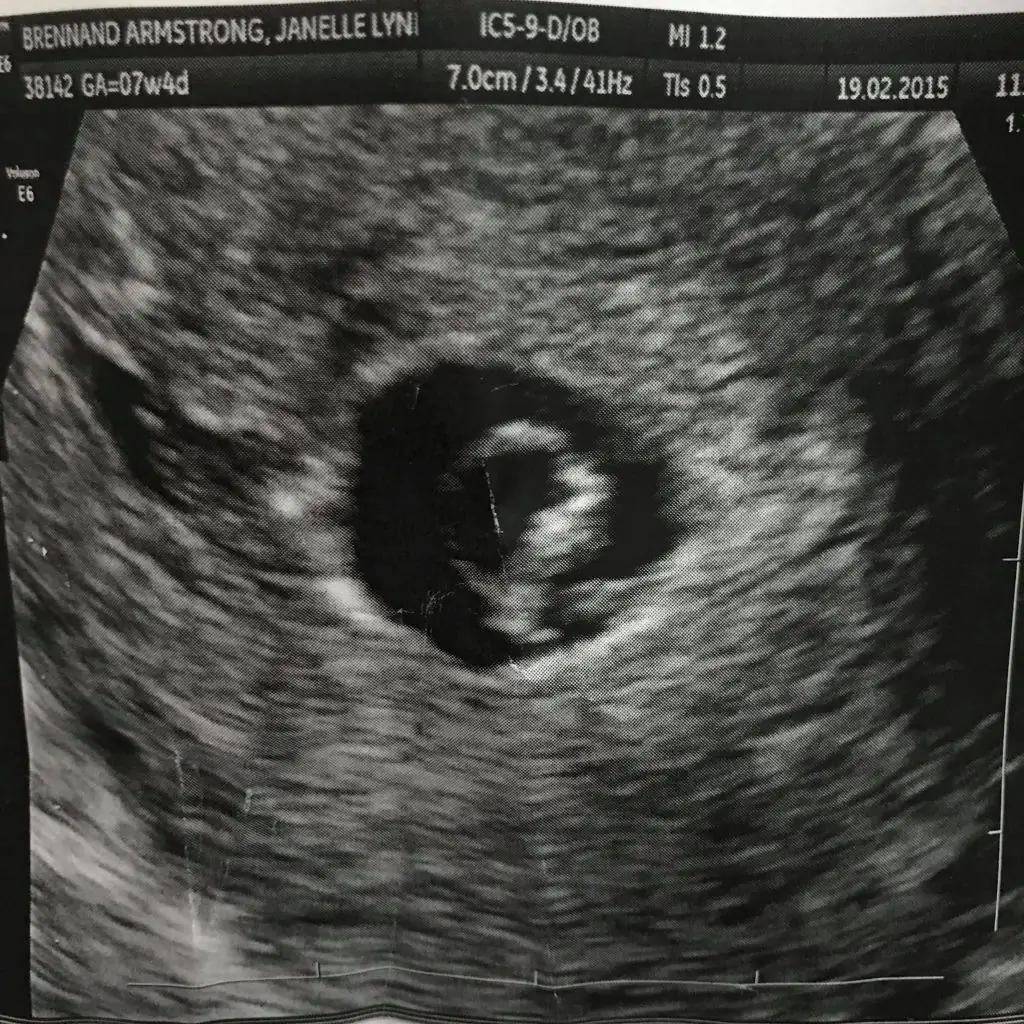
The next week we returned. The heartbeat was still there, but too slow. “I have never seen a baby with this heart rate go on to full term,” our doctor said. Tears flowed.
The next week’s ultrasound was devastating — no heartbeat. I cried and wanted a second opinion. The kind, gentle doctor scanned my belly from every angle, far longer than necessary. Searching for a heartbeat. He didn’t find one.
They recommended misoprostol to induce miscarriage, given a natural miscarriage could take weeks and lead to infection. I took it, but started hemorrhaging a month later at a friend’s baby shower. I needed a dilation and curettage (D&C) for an incomplete miscarriage. I was traumatized, and thought I would die on the operating table.
My final pregnancy was ectopic (again) and required emergency surgery to remove a fallopian tube (salpingectomy). My surgeon reviewed my chart and called me the “unluckiest woman in the world.” High on morphine, I admitted it was probably time to stop trying.
My surgeon reviewed my chart and called me the “unluckiest woman in the world.”
“I’m stubborn, but I’m not stupid,” I said.
“You’re determined, but you’re not a masochist,” she replied.
About two years later, we had the honour of welcoming our son to our family through adoption. It was a monumental process in itself, and not without more heartache (our first referral fell through — wonderful for the child, but devastating for us, after so much heartbreak already).
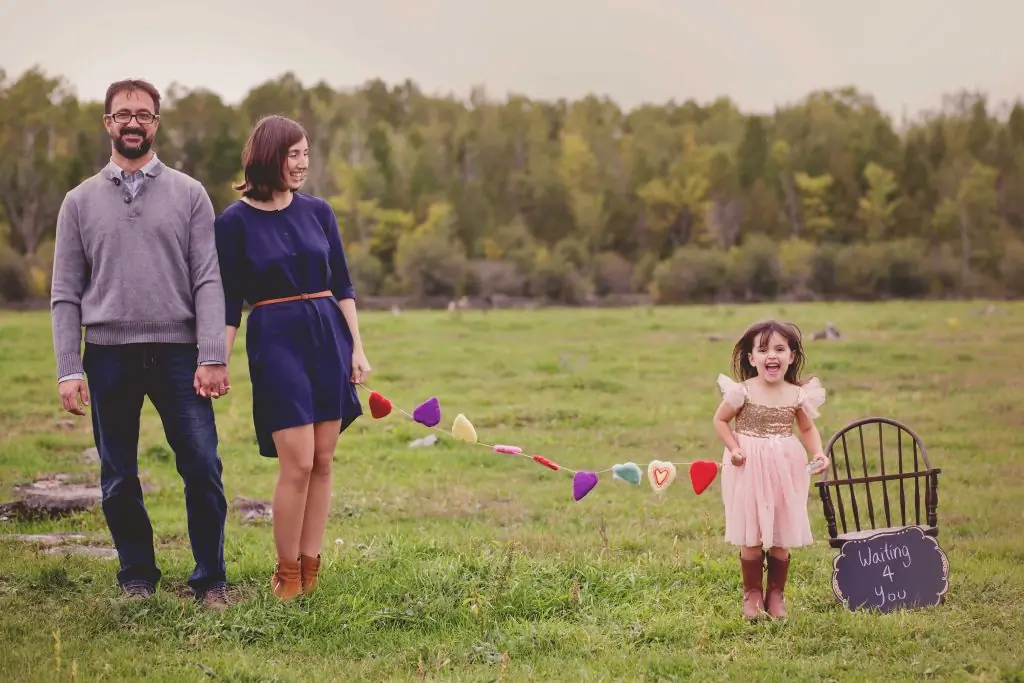
Adopting was only made possible by meeting our son’s birth country’s requirements — having the funds required, being healthy and able-bodied, and being in a straight-presenting relationship (I’m bisexual). These privileges are not lost on me. It is only now, almost six years later, that I finally feel secure enough to publicly share my sexuality.
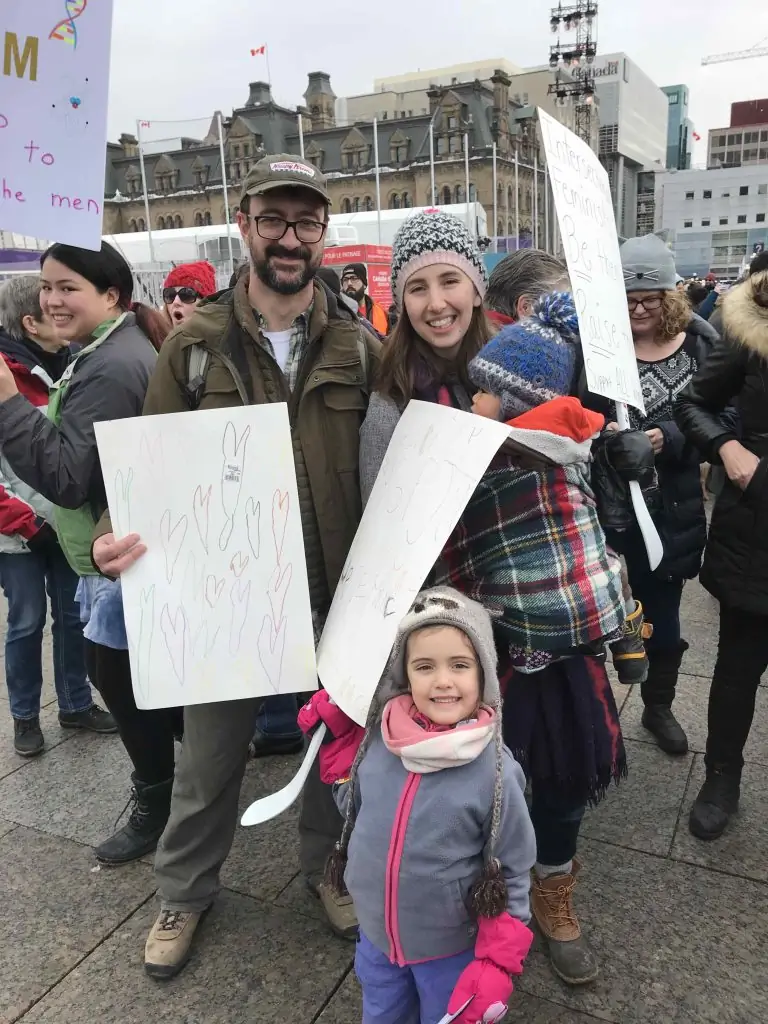
Over the years my grief has subsided, but my anger has grown.
I’ve learned that some American legislators would argue I am a murderer for not relocating my ectopic pregnancies to my uterus. Never mind that such a procedure is physically impossible.
Abortion pills and services I used — methotrexate, misoprostol, D&Cs, and salpingectomies — become more difficult for everyone to access when anti-abortion laws are passed. These laws disproportionately impact racialized women and women living in poverty.
Indigenous women and girls have experienced a history of forced or coerced sterilization in Canada, and face racism in the healthcare system to this day.
The spread of far-right ideology can easily erode reproductive rights for us all.
It may be hard to believe that an adoptive parent who has mourned the loss of eight wanted pregnancies is so pro-choice. But adoption is not a substitute for abortion.
And while pregnancy loss, for me, was indeed heartbreaking and traumatic, so can being forced to carry a baby to full term, being pregnant by rape, learning you need to terminate a pregnancy for medical or maternal health reasons (the reason for the vast majority of the rare abortions that occur after 20 weeks gestation), being pregnant in poverty, being shamed or ostracized or threatened for your pregnancy, or having to fervently fight for bodily autonomy.
And while pregnancy loss, for me, was indeed heartbreaking and traumatic, so can being forced to carry a baby to full term, being pregnant by rape.
Reproductive rights saved my life twice
Reproductive rights saved my life twice and, like gender-affirming healthcare (also facing bans in some jurisdictions), support people’s physical and mental well-being and participation in society.
I will continue to use my voice in support of ensuring these rights are upheld. We all deserve support and compassion, not further barriers.

